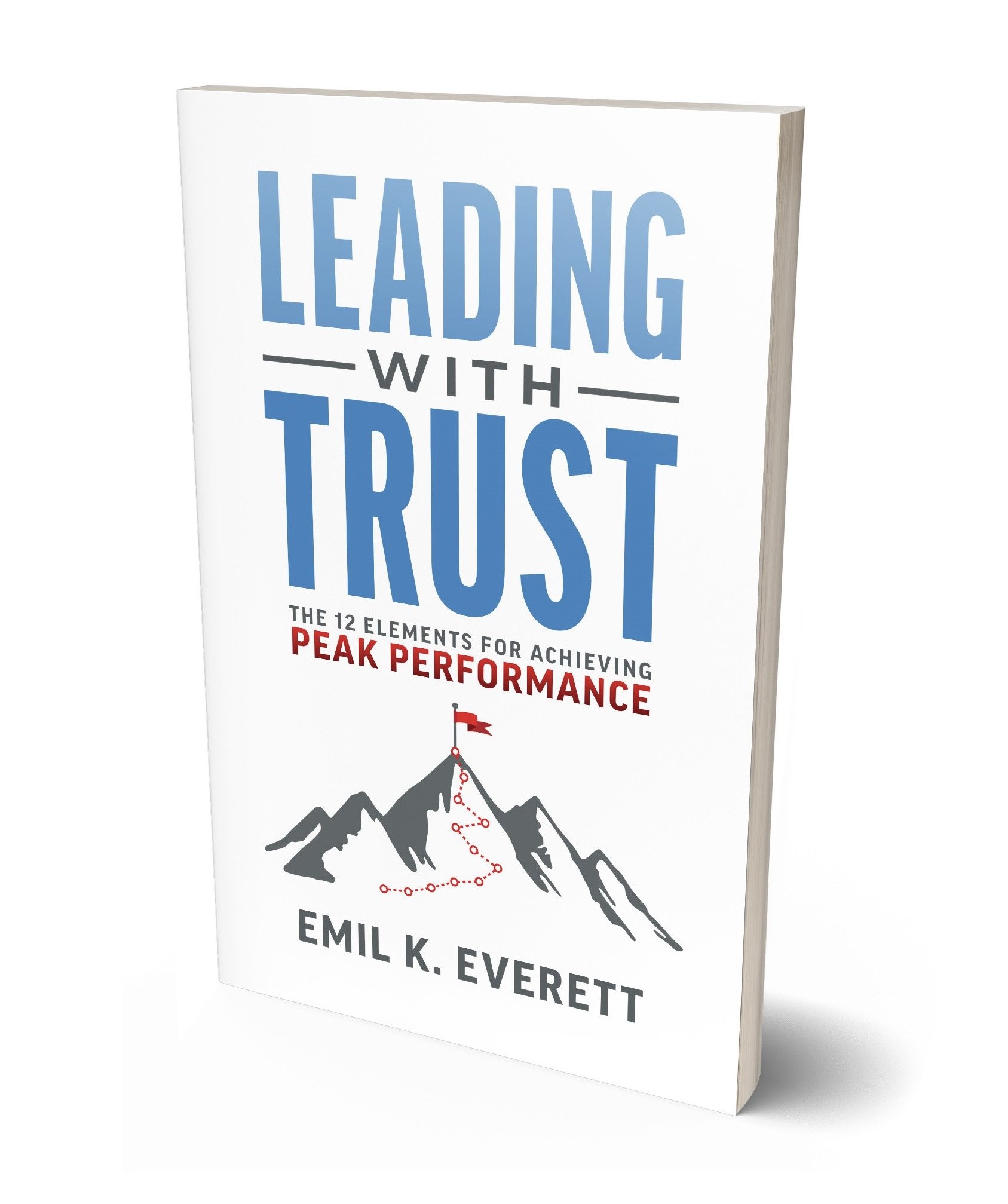Enemies Need VIP Access in Negotiations!
In a negotiation, where stakes can be high and outcomes unpredictable, one timeless adage stands out as a guide for those aiming to achieve success: “Keep your friends close, but your enemies closer.” Nelson Mandela famously employed this strategy during the negotiations to end apartheid in South Africa. While this phrase may sound like a strategy borrowed from ancient military tactics or political intrigue, its relevance to modern-day negotiation is undeniable. Whether you’re navigating business deals, political agreements, or personal conflicts, keeping a close watch on your adversaries can provide invaluable insights and advantages. Understanding why this principle is so powerful can help negotiators move from reactionary positions to proactive strategies that yield favorable results.
One of the most crucial reasons to keep your adversaries close is to gain insight into their motives. In any negotiation, understanding the other party’s true intentions is the foundation for crafting your strategy. When you stay close to your adversaries, you gain opportunities to observe their behavior, decipher their goals, and get a clearer picture of what drives them. This understanding empowers you to anticipate their next moves, giving you a sense of control and the upper hand in the negotiation.
The more you understand their underlying motivations, the better you are to anticipate their next moves. This foreknowledge is particularly useful when the other side tries to play their cards close to the chest. Instead of being caught off guard by a sudden shift in tactics or demands, you can remain one step ahead, having already considered their potential moves. In many ways, staying close to your adversaries lets you decode their strategy, giving you the upper hand.
Risk is always present in any competitive scenario. The challenge for negotiators is to manage and mitigate those risks before they materialize into something harmful. By staying near your adversaries, you can identify threats early on. This could mean spotting an upcoming pivot in their strategy, recognizing a hidden agenda, or simply staying alert to the way market forces or external influences may shift the dynamic of the negotiation.
Keeping your enemies closer allows you to monitor developments and adapt accordingly. Sometimes, being too distant from an adversary means you won’t see a risk coming until it’s too late. When you’re close, you gain the advantage of foresight, which is critical to minimizing damage and avoiding costly surprises during negotiations. This proactive risk management can bring relief and security in an otherwise uncertain process.
Every adversary has weaknesses, and staying close puts you in the best position to discover and exploit them. Weaknesses may manifest in several ways. They could be logistical—such as a lack of resources—or strategic, like overconfidence or inflexibility. Sometimes, a weakness could be as simple as a misunderstanding of the situation or a knowledge gap. Whatever the case, identifying these vulnerabilities can provide leverage in the negotiation process.
For instance, if your opponent is under a tight deadline, you can adjust your approach to maximize concessions by using time as a bargaining chip. Or, if you know they are heavily reliant on specific terms that you can afford to concede, you can negotiate in a way that appears to give them a win while securing your higher-priority objectives. These are just a few examples of how staying close to your adversaries can allow you to observe their weaknesses and use them to strengthen your position.
These opportunities are often missed without proximity to your adversary. By keeping them close, however, you have a front-row seat to observe their weaknesses and use them to strengthen your position. This strategic use of their vulnerabilities can bring a sense of satisfaction and confidence in your negotiation skills.
Distance creates unpredictability. When your adversary is far removed—literally and figuratively—it becomes harder to influence the course of the negotiation. Keeping your enemies close allows you to control the relationship, steering it in directions that may benefit your position. This does not necessarily mean manipulation but rather the ability to influence the negotiation's tone, pace, and structure. By maintaining regular contact and keeping channels of communication open, you can set the pace and direction of discussions. If things begin to veer off course, proximity allows you to react quickly and refocus attention on the issues that matter most to you. Additionally, keeping an adversary close can create a sense of mutual understanding, reducing the likelihood of abrupt, unanticipated moves from the other side.
By maintaining regular contact and keeping channels of communication open, you can set the pace and direction of discussions. If things begin to veer off course, proximity allows you to react quickly and refocus attention on the issues that matter most to you. Additionally, keeping an adversary close can create a sense of mutual understanding, reducing the likelihood of abrupt, unanticipated moves from the other side.
While not all negotiations involve hostile adversaries, conflict is often present in some form. Keeping your enemies close doesn’t always mean confronting them head-on—it can also mean fostering a civil or cooperative relationship that serves both parties. The closer you are to your adversary, the better your chance of diffusing hostility and turning the negotiation into a more collaborative effort. Even if a deep bond of trust is never established, proximity can at least foster respect and reduce antagonism.
Sometimes, staying close to your enemies may help you turn the tables on them. By being willing to engage constructively, you may open the door for your opponent to lower their defenses. When they do, it creates an opportunity to negotiate from a place of mutual benefit rather than constant opposition. This transformation—from adversarial to neutral or cooperative—can change the entire nature of the negotiation, leading to more productive and less contentious outcomes.
Finally, one of the most valuable aspects of keeping your enemies close is the ability to stay informed. Negotiations are often fluid, with strategies, goals, and circumstances changing rapidly. If you allow too much distance between you and your adversary, you risk losing track of these shifts. Without real-time information, you could react to changes rather than anticipate them.
Maintaining proximity ensures you remain in the loop and adapt to new developments. This constant flow of information allows you to adjust your strategy on the fly and maintain a strong position throughout the negotiation.
In negotiation, the line between friend and foe is not always clear-cut. While allies offer comfort and trust, adversaries represent both threat and opportunity. Keeping your friends close is natural, but keeping your enemies closer is strategic. By staying close to those who oppose or compete with you, you gain insight, control, and the ability to navigate risks with foresight. The closer you are, the better prepared you are to leverage weaknesses, manage hostility, and ultimately, negotiate from a position of strength. It’s a time-tested tactic that applies as much to boardrooms and diplomacy as it does to the chessboards of old.

